Compliance Insight – February 2023
To prepare for the next filings with the Monetary Authority of Singapore (MAS), financial institutions should register with MAS’ new Financial Institutions Transaction Platform (“MAS-Tx”). For this purpose, external asset managers (EAMs) should now register and familiarise themselves with the platform. Circular CMI 01/2023 provides the link to access MAS-Tx and a link to FAQs. Moreover, the MAS is running introduction sessions for which you can register through the link provided in the circular.
MAS also recently issued the following surveys that EAMs are expected to complete:
- Asset Management Survey: You must download the survey via the link provided by the MAS in the AM Survey Circular (2022) and submit the survey by following the instructions in the appendix to the circular by 1 March 2023.
- 2023 Manpower Survey and 2023 Employment Outlook Survey: You are expected to submit both surveys via the MAS Electronic Returns Submission System (ERSS) by 13 March 2023.
Further, the MAS published Circular CMI 02/2023 with observations from inspections of licensed Venture Capital Fund Managers (VCFMs). While the inspections focused on VCFMs, some of the observations and expectations similarly apply to other licensed fund management companies (LFMCs) and registered fund management companies (RFMCs).
- Fund management companies that carry out incidental activities should nonetheless ensure that they remain focused on fund management and that all potential conflicts of interest that may arise are fully mitigated.
- Where fund management companies are restricted to servicing qualified investors, such as accredited investors and institutional investors, they must ensure that all investors meet respective definitions under the Securities and Futures Act 2001 (SFA). The fund management companies must maintain documentation evidencing that investors satisfied the “accredited investor” definition and obtain the accredited investor “opt-in” from their investors. Customer due diligence must be completed before onboarding the investor.
- Formalised policies and procedures help to mitigate operational risk. Fund management companies should review their policies and procedures periodically to ensure that they remain up to date and effectively mitigate potential risks.
- Fund management companies are required to mitigate conflicts of interest arising in their business. Employees may have roles and responsibilities straddling front-office and middle/back-office functions, as is often the case in smaller fund management companies. Fund management companies should implement the necessary processes to mitigate conflicts arising from a lack of segregation of duties between the firm’s business activities and control functions.
- In addition to ensuring the proper segregation of duties amongst employees, good practices that help to ensure proper conflict management include:
- Having formalised policies and procedures on conflict management in areas such as handling related party transactions, deal allocation across multiple funds, and co-investments; and
- Establishing governance committees (such as advisory or risk committees) to deliberate on issues involving potential conflicts of interest. In this regard, it is also important for these committees to have a suitable degree of independence from the fund management company (e.g. independent members or representatives of investors).
- RFMCs and A/I LFMCs must meet the base capital requirement and, in the case of A/I LFMCs, sufficient financial resources at all times. They are expected to monitor their base capital and financial resources, as applicable, on an ongoing basis and, when the requirements are not met anymore, take immediate action to rectify the breach, e.g., through the injection of additional capital.
EAMs may also note that the MAS extended the Variable Capital Companies Grant scheme for a validity period of two years from 16 January 2023 to 15 January 2025. The Extended VCCGS will co-fund 30% of qualifying expenses incurred by first-time qualifying fund managers paid to Singapore-based service providers for qualifying work performed in Singapore in relation to the incorporation or registration of a VCC up to a grant amount of SGD 30,000.
Share this post
AIWM is the industry body for External Asset Managers and Family Offices in Singapore
© Copyright – Association of Independent Wealth Managers (Singapore) | Design by OLC

